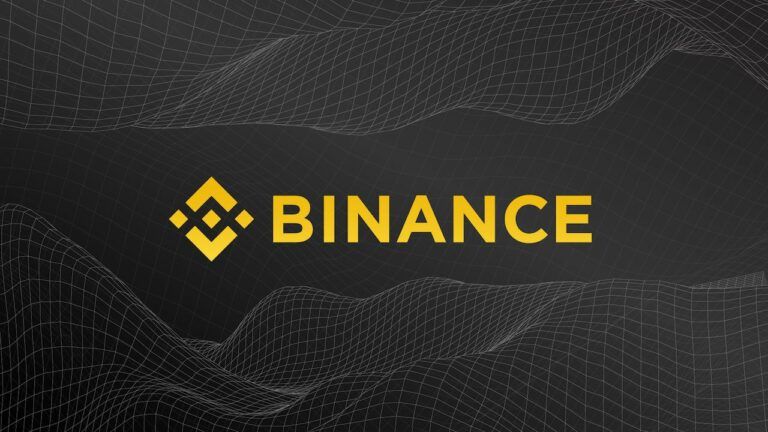Yesterday, news broke from Nikkei that the Japanese financial regulatory body – the FSA (Financial Services Agency) – was planning on warning Binance that they must register as an exchange or face legal action.
Binance appears to have been planning for this eventuality and is looking to setup a crypto-fiat exchange in Malta due to its favourable legal landscape.
CEO Zhao Changpeng recently told Bloomberg it is looking to build a “fiat to crypto exchange” in Malta. According to the CEO, the company is close to signing a deal with the local banks to secure deposits and withdrawals. However, it is uncertain when this exchange is looking to launch.
The choice of Malta may seem strange considering the exchange is predominantly based in Asia; Zhao Changpeng explained the decision to Bloomberg saying that:
“Malta is very progressive when it comes to crypto and fintech.”
Malta Opens Doors To Blockchain
Jurisdictions such as the U.S. and China have been clamping down on crypto-asset exchanges either shutting them down completely as China have done, or making operations exceedingly difficult as is the case in the U.S.. Listing any altcoins which are deemed a security in the U.S. requires registering with the SEC and CFTC; this compliance is hard to get and expensive.
Malta is looking to become a hotspot for crypto-asset innovation by relaxing regulations. The small nation may have secured a deal with one of the largest companies in crypto, a move that will surely bring jobs and tax to Malta.
Joseph Muscat, Malta’s prime minister, has said they aim to be “global trailblazers in the regulation of blockchain-based businesses” and recently welcomed Binance to Malta:
Welcome to #Malta 🇲🇹 @binance. We aim to be the global trailblazers in the regulation of blockchain-based businesses and the jurisdiction of quality and choice for world class fintech companies -JM @SilvioSchembri https://t.co/3qtAQjOpuQ
— Joseph Muscat (@JosephMuscat_JM) March 23, 2018
Binance Dominance
If the license in Malta is secured, the company will have two operational exchanges: the pre-existing exchange which is purely crypto to crypto with little to no KYC/AML compliance and the fiat to crypto exchange in Malta which will likely require greater KYC and AML procedures in order to secure and maintain its banking partners – they will not want to expose themselves to the risks of money laundering or terrorist financing claims.
To further their dominance in all aspects of crypto-asset trading, they are apparently in development of a “fully decentralised exchange” that will run on a “tailored blockchain” called Binance Chain.
The DEX (decentralised exchange) will work alongside their existing business model which, if successful, would mean Binance will operate three tiers of crypto exchanges. This would surely lock in their place as the world’s largest cryptocurrency exchange.









